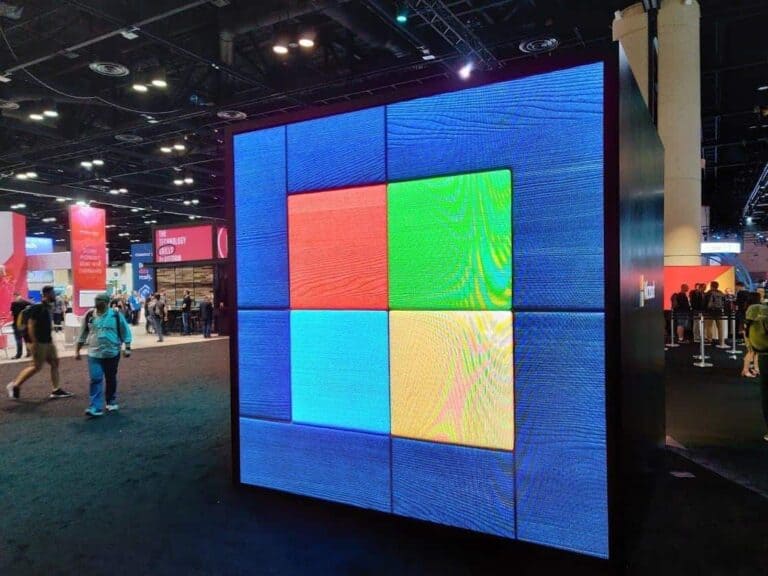Microsoft has announced that it supports Google’s open Agent2Agent (A2A) protocol. Google introduced this new protocol last month. It enables AI agents to communicate with each other, exchange data securely, and coordinate their actions across different business platforms and applications.
A2A complements Anthropic’s existing Model Context Protocol (MCP). Since the announcement, several major technology companies have pledged their support. The A2A protocol allows developers to build agents that are compatible with agents from other providers. This enables users to leverage different agents from different vendors through a single call. Microsoft is now joining this movement. It integrates support for A2A into both Azure AI Foundry and Copilot Studio. This enables AI agents to collaborate across different cloud environments, platforms, and organizations.
Yina Arenas, Vice President of Product at Azure AI Foundry, and Bas Brekelmans, Chief Technology Officer of Copilot Studio, said that Microsoft is aligning itself with the broader industry trend toward shared standards for agent protocols. They emphasized the company’s commitment to openness and developer support. The goal is to enable both professional developers and users without a technical background to build AI solutions that work together seamlessly, regardless of the cloud or underlying system used.
Complex workflows with multiple agents
With this support, Azure AI Foundry users can now design complex workflows with multiple agents that work together with internal copilots, tools from external partners, and existing business infrastructure, without compromising control or performance requirements.
At the same time, agents within Copilot Studio can securely call external agents, even if they are built with other technologies or run outside Microsoft’s ecosystem. For enterprises, this represents a step toward flexible, scalable, and intelligent systems that function across organizational and cloud service boundaries.
Microsoft also announced that it will actively contribute to the further development of the A2A protocol. The company is now a member of the A2A working group on GitHub, where it is working on specifications and supporting tools. This involvement is in addition to Microsoft’s existing contribution to the Model Context Protocol (MCP).
